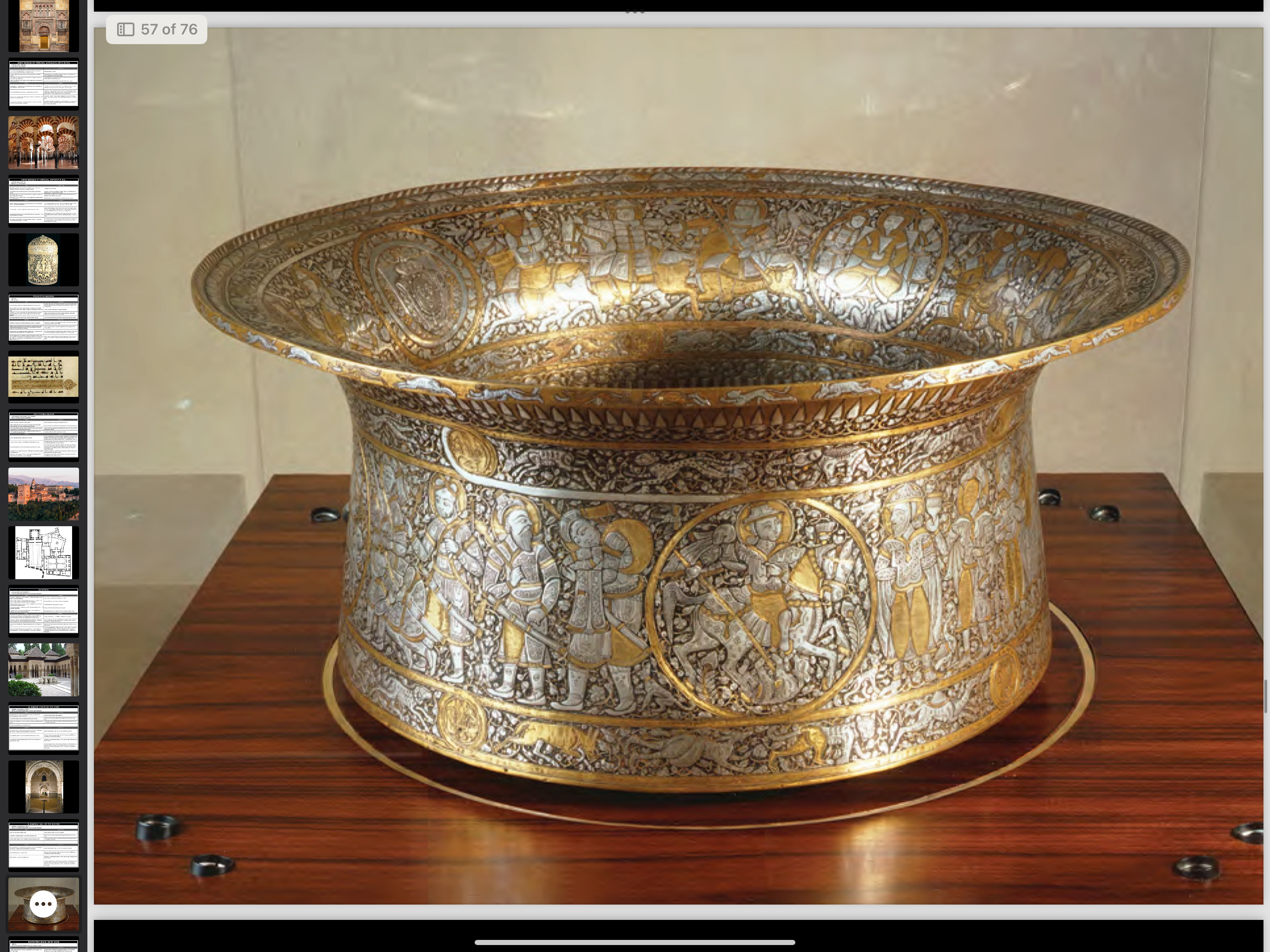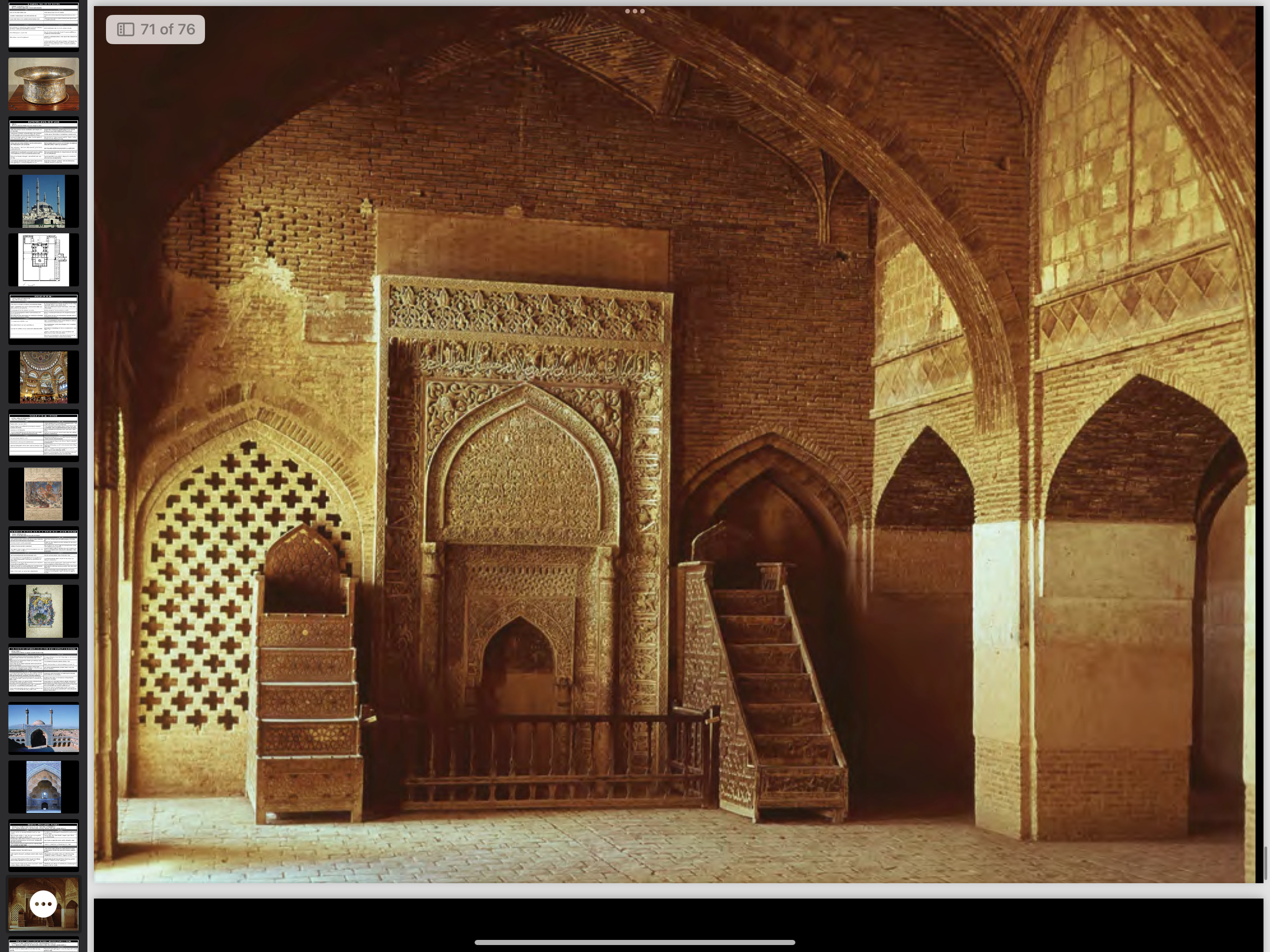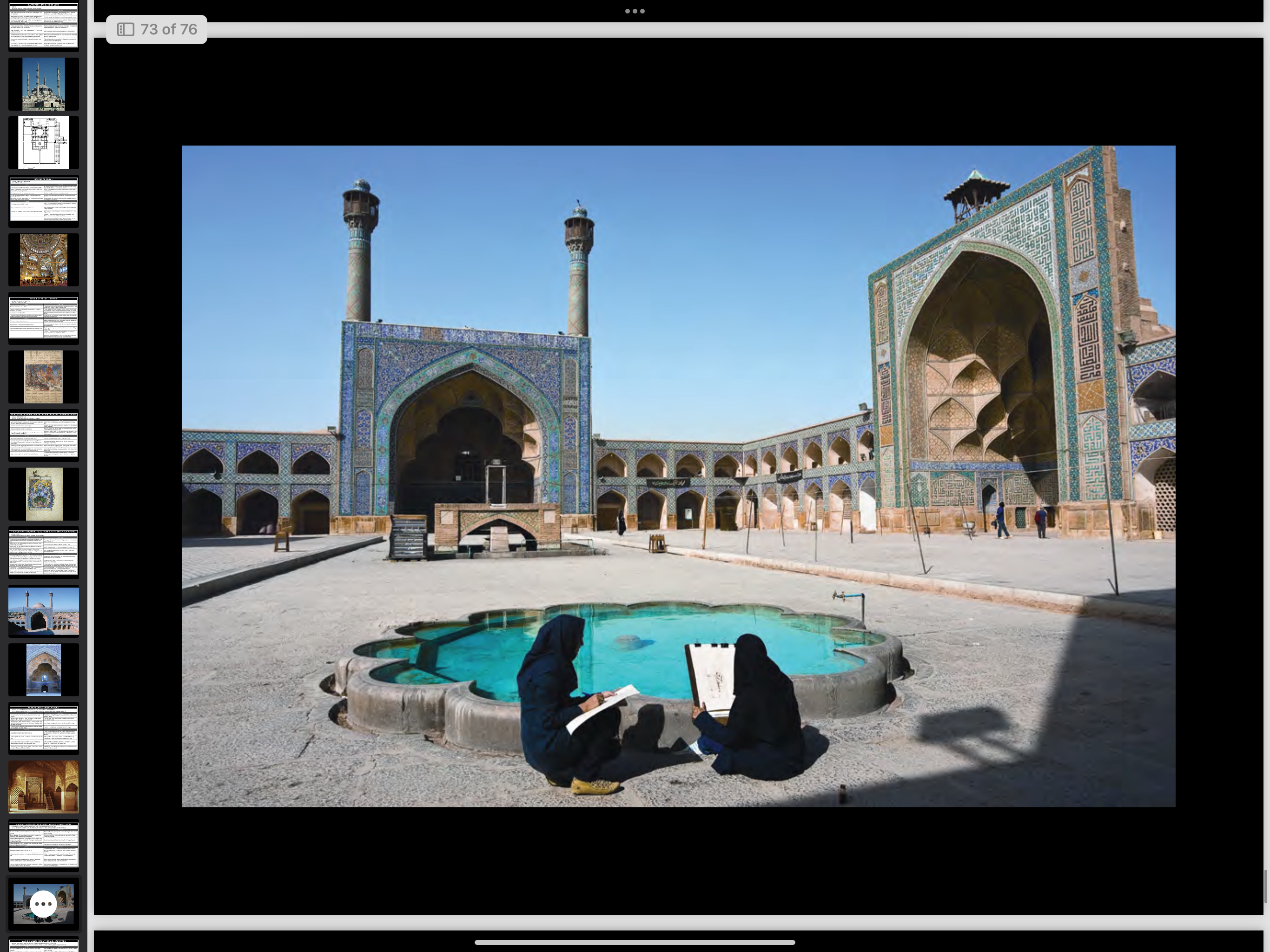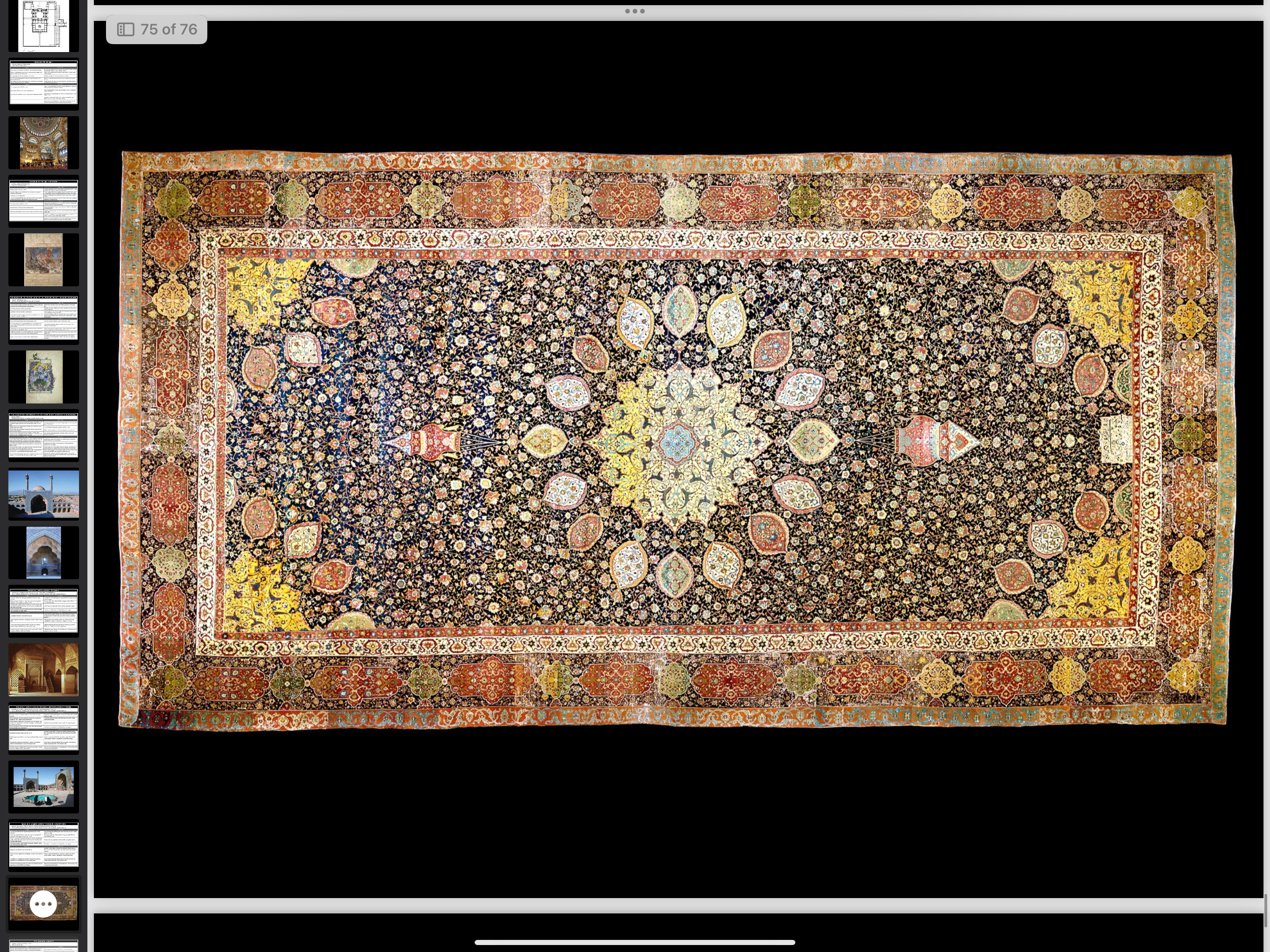AP Art History Unit 3 Test (copy)
1/19
Earn XP
Description and Tags
Name | Mastery | Learn | Test | Matching | Spaced | Call with Kai |
|---|
No analytics yet
Send a link to your students to track their progress
20 Terms
Catacomb of Priscilla
Subterranean passageways and rooms cut from tufa, used for burial, decorated with frescoes showing some of the oldest Christian iconography
Orant fresco from the Catacomb of Priscilla
Early Christian wall painting depicting devotional posture borrowed from pagans and Jews, may depict a wedding and the first image of Mary with Christ
Good Shepherd fresco from the Catacomb of Priscilla
Lunettes with prefiguration motifs surround Jesus, inspired by Classical prototypes, and depicted as a beardless protector in a pastoral setting
Santa Sabina
Early Christian basilica located in Rome with humble exterior and interior featuring appropriated columns, and spandrel mosaics inspired by Eucharist
Vienna Genesis
Byzantine illuminated manuscript written in Greek with continuous narratives from first book of Bible, made with sumptuous materials, showing classical influence
Justinian and Theodora Mosaics
Tesserae arranged in sanctuary of church to show religious, administrative, and military authority of Byzantine co-rulers in former Western Roman empire
Hagia Sophia
Early Byzantine domed church in Constantinople with hybrid basilica and central plan that represented imperial power; later converted into mosque
Great Mosque, Córdoba
Umayyad hypostyle prayer hall in Al-Andalus supported by double tiered striped arches and spolia columns with a cathedral inside
Pyxis of al-Mughira
Intricate Umayyad cylindrical ivory container for aromatics received by son of Caliph at age 18 as a gift, symbolizes status and dynastic legitimacy
Alhambra Palace
Islamic Palace in Granada, Spain created by Nasrid Sultans in 14th century with a fort like exterior and airy interior with fountains symbolizing paradise
Mosque of Selim II
16th century centrally planned, domed Ottoman place of worship in Edirne, Turkey designed by Sinan to rival Hagia Sophia
The Kaaba
Cube shaped structure built by Ibrahim and emptied of idols by Muhammad, covered by textiles, destination of the Hajj, most sacred structure in Islam
Dome of the Rock
Octagonal centrally-planned shrine decorated with mosaics featuring calligraphy, arabesques, and tesselations with double ambulatory; built to assert dominance of Islam in Jerusalem
Great Mosque (Masjid-e Jameh) Isfahan
Four-iwan mosque developed alongside Safavid dynasty over centuries in the new capital of Iran, an urban center also used for prayer
Folio from a Qur'an
Section of an Islamic holy book written in Kufic script with pronunciation markers on parchment with gold and ink

Basin (Baptistère de Saint Louis)
Mamluk vessel Inlaid brass decorated with animals and soldiers originally to wash hands at Muslim ceremonies later used for royal French sacraments

Bahram Gur Fights the Karg
Eclectic Il-Khanid folio from the Persian Shahnama, painted with watercolor depicting king from Mongol dynasty killing mythological creature

The Court of Gayumars
Intricate folio, part of the Shahnama, depicting first Persian king, family, and royals wearing fur in harmony with nature foreshadowing tragic events

The Ardabil Carpet
One of two massive, ancient, ornate knotted textiles from Safavid dynasty originally embellishing floor of Islamic shrine to Sufi saint and knelt upon during prayer